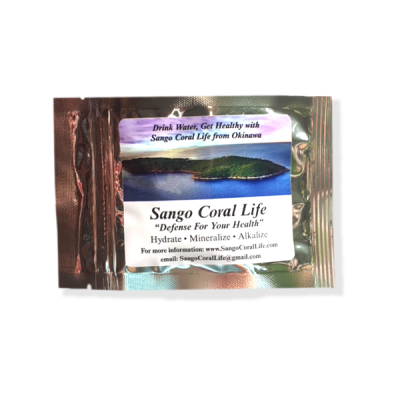The Drinking Water Research Foundation has released the results of a review paper entitled “Microbial Health Risks of Regulated Drinking Waters in the United States,” according to a press release.
The paper compares the risk of public drinking water and bottled water using data from the Centers for Disease Control and Prevention (CDC), the Environmental Protection Agency (EPA) and presentations from a 2009 drinking water symposium at Yale University, the release reported.
According to the release, the paper explores the difference in quality monitoring, regulatory standards violations, advisories and distribution system conditions for tap and bottled water.
The key finding of the paper was that, “it is clear that as a consequence of the differences in regulations, distribution systems, operating (manufacturing) practices and microbial standards of quality, public drinking water supplies present a substantially higher human risk than do bottled waters for illness due to waterborne organisms.”
While tap water is regulated by the EPA, bottled water is regulated by the Food and Drug Administration (FDA), which is more stringent in regulations concerning lead, coliform bacteria and E. coli, according to the release.


